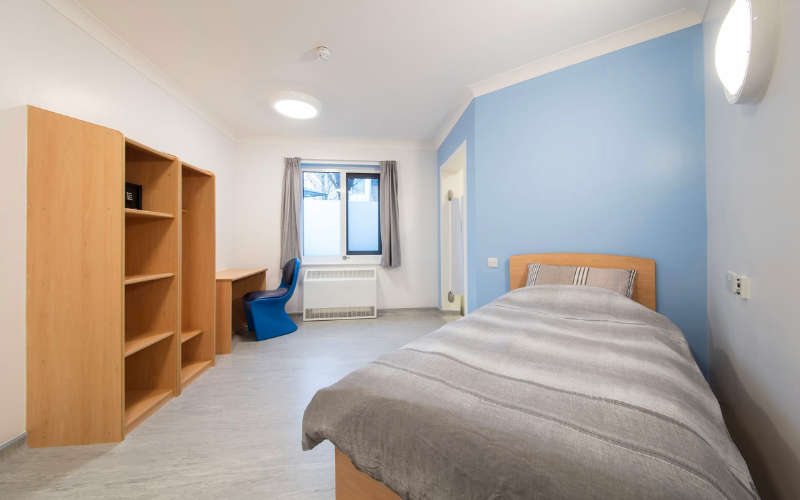
In the past year, Scotland has witnessed a concerning increase in the number of individuals subjected to compulsory mental health care and treatment.
The new figures from the Mental Welfare Commission reveal that in the 2022-23 period, 6,713 people were detained for such treatment, marking a 1.7% increase from the previous year.
This surge is consistent with a longer-term trend that has seen the number of detentions rise steadily since 2013-14 when the figure stood at 4,530.
The commission emphasizes that, ideally, every emergency detention under the Mental Health Act should involve a decision made by a doctor with the consent of a mental health officer, or a specialist social worker, unless impractical.
However, the data shows a concerning decline in the number of emergency detentions with this necessary consent, with fewer than 40% meeting this standard in the past year.
Furthermore, the report underscores a striking connection between deprivation and mental health issues, with a disproportionately high number of detentions affecting individuals from economically disadvantaged areas.
Over 38% of emergency detentions were linked to individuals from the 20% most deprived regions in Scotland, raising concerns about equitable access to mental health care and support.






Comments
Add a comment